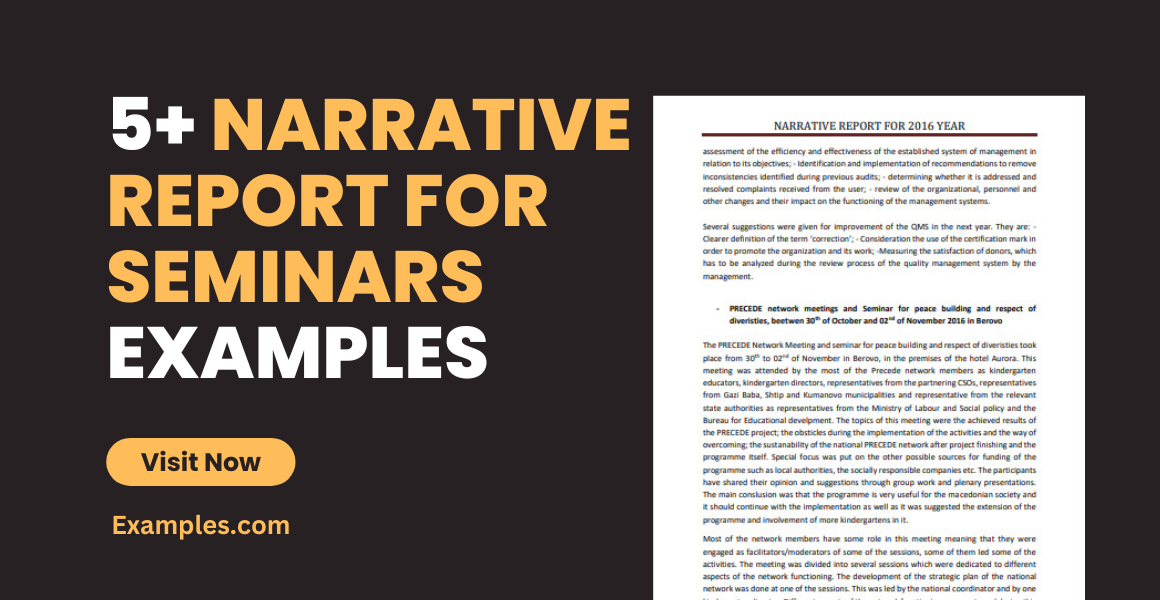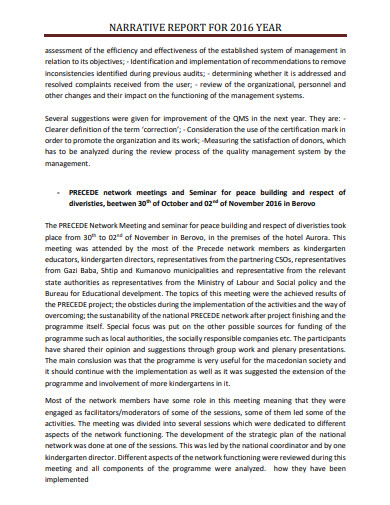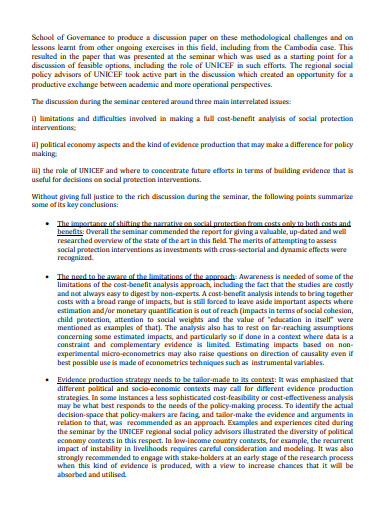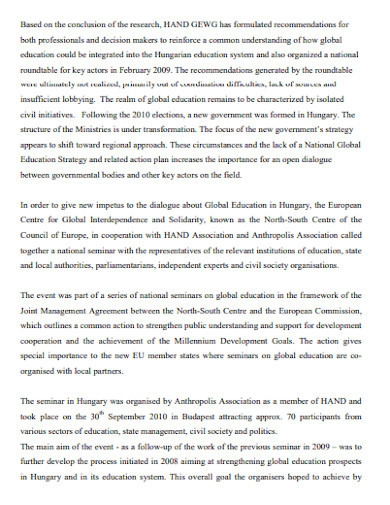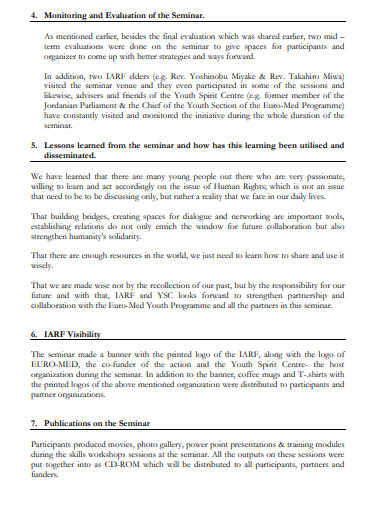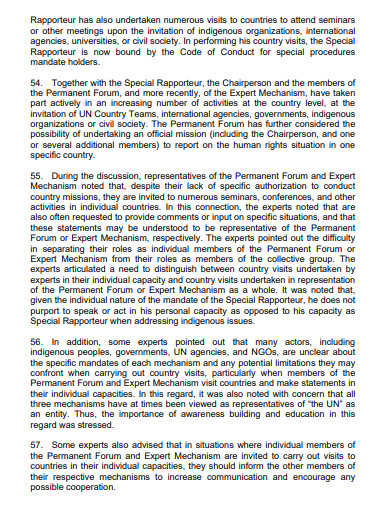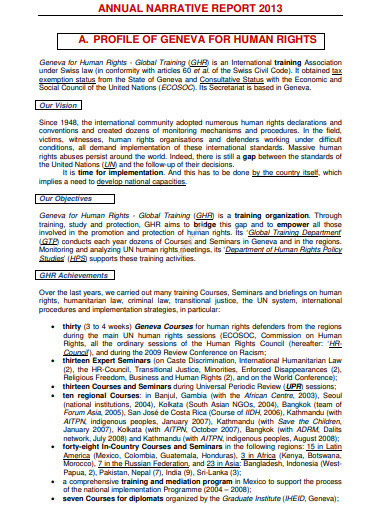5+ Narrative Report for Seminars Examples to Download
When we think of narratives, we think of lengthy writing that we need to send or submit to the person who requested it. When we think of reports, we think of things, information, details, or situation that is needed to be told in pen and paper and sent to the person asking for them. Given this kind of idea, putting two and two together, we get a narrative report. A lot of us, when we think of narrative reports, we do know that it is an expected lengthy report of something that we are told to talk about.
We also know that narrative reports can be used for just about anything and everything in between. For this case, we use narrative reports for seminars like a workshop seminar, a seminar in school, etc. We write about why we attended it, who conducted it, and what we learned from it. With that being said, we would now have a glimpse of what this kind of narrative report for seminars is and what can be expected from it. So let’s take a look at these examples for more information, ideas, and uses.
5+ Narrative Report for Seminars Examples
1. Narrative Report for Seminar Template
2. Sample Narrative Report for Seminar
3. Narrative Report on National Seminar
4. Final Narrative Report for Seminar
5. Basic Narrative Report for Seminar
6. Annual Narrative Report for Seminar
What Is a Narrative Report for Seminars?
A narrative report for seminars is a kind of report that caters to what is happening during the seminars, what the people attending the seminars did, and who conducted the seminars. These kinds of reports basically explain the ongoings of the seminar, the people, the activities, the lessons, and the experiences during the seminar. So when you are tasked to write a narrative report for seminars, here are a few reasons why it is important.
The importance of writing a narrative report for seminars is the fact that in the report, you are able to explain and expound on what you may have seen, heard, and felt. Think of the narrative as a way for you to express your thoughts about the seminar. Basically, the purpose of the narrative report for seminars is to simply give the information that is necessary for someone who may be asking for a summary of it. It is also a good way to express your opinion of the seminar and your reflections on it.
How to Write a Narrative Report for Seminars?
When you are tasked to write a narrative report for seminars, do you know where to start? If you are getting frustrated and planning on giving up, why don’t you take a look at these tips first?
1. Start with a Title for the Essay
When we write narrative essays, we always begin with a title. The title is something that your readers would look forward to when reading. When you write your title, it should provide a short glimpse of what you are going to be writing about. Avoid writing a title that does not speak or state the main point of your content.
2. Start with an Introductory Paragraph
The first paragraph is always reserved for the introduction. What is your report about? What are you trying to say here? Questions and a short introduction about your narrative report are expected in the first paragraph. So when you write this part of the report, do not divulge every single detail. You can keep it general but never be too vague.
3. Move to Your Middle Paragraph
Your middle paragraph should contain the happenings of the seminar, the people who attended it, and the people conducting it. Of course, you can also add your learnings, reflections, observations, and opinions about it as long as they are related to the seminar you attended.
4. Write Your Concluding Paragraph
Your concluding paragraph should close the entire report. The purpose of the concluding paragraph is to summarize and to cover all the things you have said in the middle paragraph of your report. It is also to simply conclude, express your final thoughts, and state your final evaluation or overall thought of the matter.
5. Proofread Your Narrative Report
It is always best to have to proofread your narrative report. The reason for this is to check, see, and finalize your work.
FAQs
What is a narrative report for seminars?
A narrative report for seminars is a kind of report that is used to report about what is going on within the seminar, the people who attend the seminar, and what the seminar is about.
Why is writing a narrative report so important?
The purpose of the narrative report is to give information to the person who may be asking for it. It is a helpful tool that provides information on what happened during a seminar.
What should not be in a narrative report?
When you are writing your narrative report, always make sure that you are writing what you have seen and reflected. Avoid writing anything too negative for the report.
When writing a narrative report, details are necessary. Without details, the report is pointless. But of course, something to take notice of as well. Too much detail can also ruin the narrative report, as there are some details that do not match with the report or are unnecessary. But it does not mean that you should also put less of details in your report. Find the balance.


